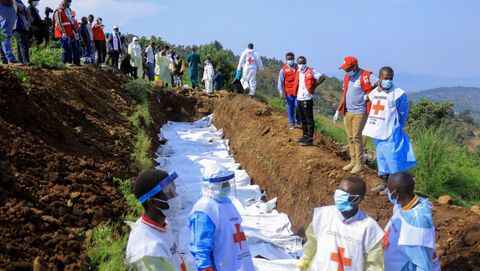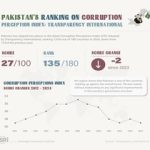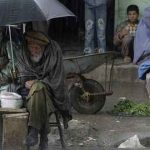Burundi troops arrive in Uvira, eastern DRC, as M23 insurgents approach.
Kinshasa-aligned Burundi military have continued to deploy in the eastern Democratic Republic of the Congo (DRC), while Rwanda-backed M23 rebels were rapidly advancing on the town of Uvira, which is located across from Bujumbura, Burundi’s capital. Uvira is situated on the northwest tip of Lake Tanganyika.
“Since Sunday, we have movements of heavily armed Burundian soldiers heading towards Luvungi”, a resident of Sange, which is halfway between Uvira and Luvungi, told the AFP news agency over the phone. Some of the soldiers were traveling from Uvira by road, while others were “crossing the Ruizi River” that runs along the border between the DRC and Burundi.
Additionally, the resident, who wished to remain anonymous, stated that many Wazalendo, or pro-Kinshasa militia, “are joining them in Luvungi”.
Approximately 75 kilometers north of Uvira, the village of Kamanyola is surrounded by M23 insurgents.
On condition of anonymity, a village resident told AFP that although the town “is calm”, it “continues to empty of its inhabitants who fear a resumption of clashes”.
Since resuming its armed activities in late 2021, the Kigali-backed M23 has gained significant territory in the mineral-rich eastern Democratic Republic of the Congo (DRC) with the recent captures of two key cities.
It is the most recent wave of violence in a region that has seen millions of people killed in conflict and turmoil for the past thirty years.
After seizing Goma, the capital of North Kivu and the largest city in the east of the country, late last month, M23 rebels grabbed control of Bukavu, the provincial capital of South Kivu, a little more than a week ago.
Residents claim that the group has moved freely across the area in recent weeks with little resistance from the DRC army, whose soldiers committed atrocities during their flight.
The UK suspends aid to Rwanda
In the meantime, the UK declared that it was cutting off the majority of its direct bilateral funding to Rwanda due to the M23 attack, which is allegedly backed by soldiers from the east African country, according to UN experts.
“Rwanda may have security issues, but using force to address them is unacceptable. A spokesman for the UK government stated that “there can only be a political solution to this conflict” and that the help would be halted “until significant progress” was made in lowering the level of bloodshed.
According to their military on Tuesday, South African servicemen who were gravely injured in the fighting have gone back home to receive treatment.
In 2023, the 16-nation Southern African Development Community (SADC) coalition dispatched the troops to assist Kinshasa in putting an end to instability in the east.
An International Criminal Court (ICC) prosecutor arrived on Tuesday to look into the rise in violence, while African nations picked three former leaders to lead a regional peace effort.
ICC prosecutor Karim Khan told reporters upon his arrival in the capital, Kinshasa, that “we are extremely worried about recent developments in Congo, we know the situation particularly in the east is acute”.
The peace initiatives of African blocs
In recent weeks, the Southern Africa Development Community (SADC) and the East African Community (EAC), two regional African blocs, have united in an effort to impose a ceasefire.
Late on Monday, the announced that former Nigerian President Olusegun Obasanjo, former Ethiopian Prime Minister Hailemariam Desalegn, and former Kenyan President Uhuru Kenyatta had been named “facilitators” of a new peace process.
At a summit on February 8, the EAC and SADC decided to combine two distinct peace initiatives that were functioning prior to the most recent uptick in violence. These procedures were based in Luanda and Nairobi.
“The message has to be conveyed very clearly: any armed group, any armed forces, any allied to armed groups or armed forces don’t have a blank cheque”, Khan, the ICC prosecutor, said.
Humanitarian relief, securitization of the Goma airport, and a “immediate and unconditional ceasefire” were the main objectives, according to the EAC and SADC communique.
It stated that they would “work on the details of the ceasefire” during a ministerial meeting on Friday.
Judith Suminwa Tuluka, the prime minister of the Democratic Republic of the Congo, stated on Monday that since January, “more than 7,000” people have died in the area.
“The security situation in eastern DRC has reached alarming levels”, she said at the Geneva meeting of the UN Human Rights Council.
Around the time of the M23 offensive, which saw the group seize Goma, the UN reported at the beginning of February that over 3,000 people had died in east DRC since January 26.
As of February 14, 842 people had died in hospitals in Goma and the surrounding area, according to a Monday statement from the UN’s humanitarian organization OCHA.






